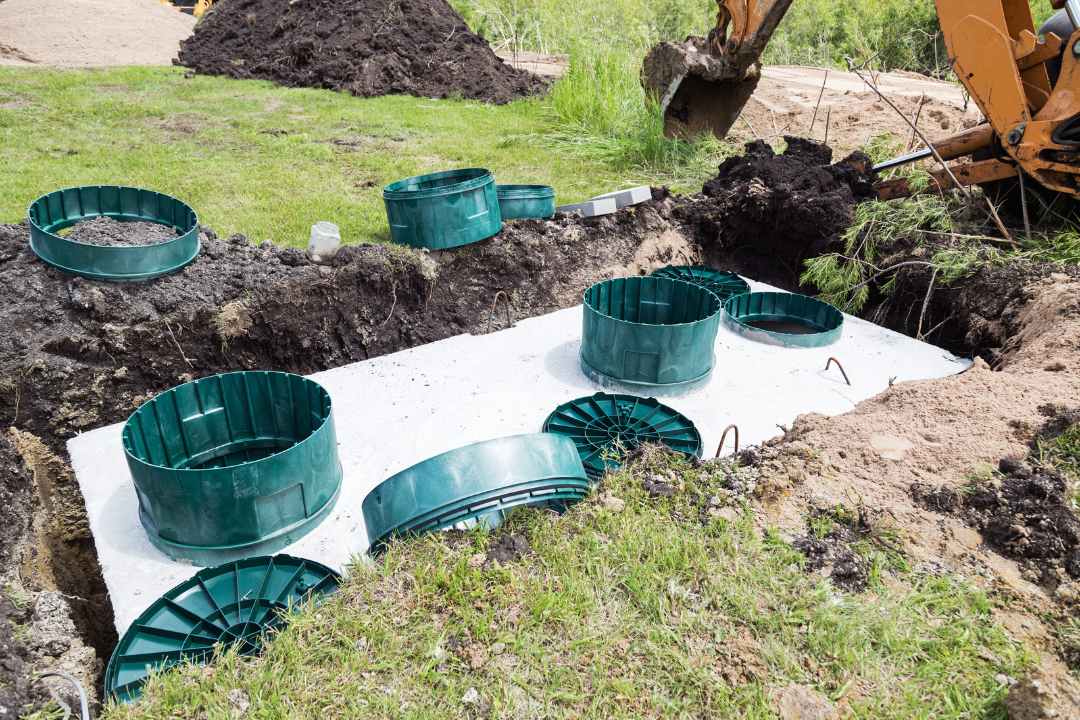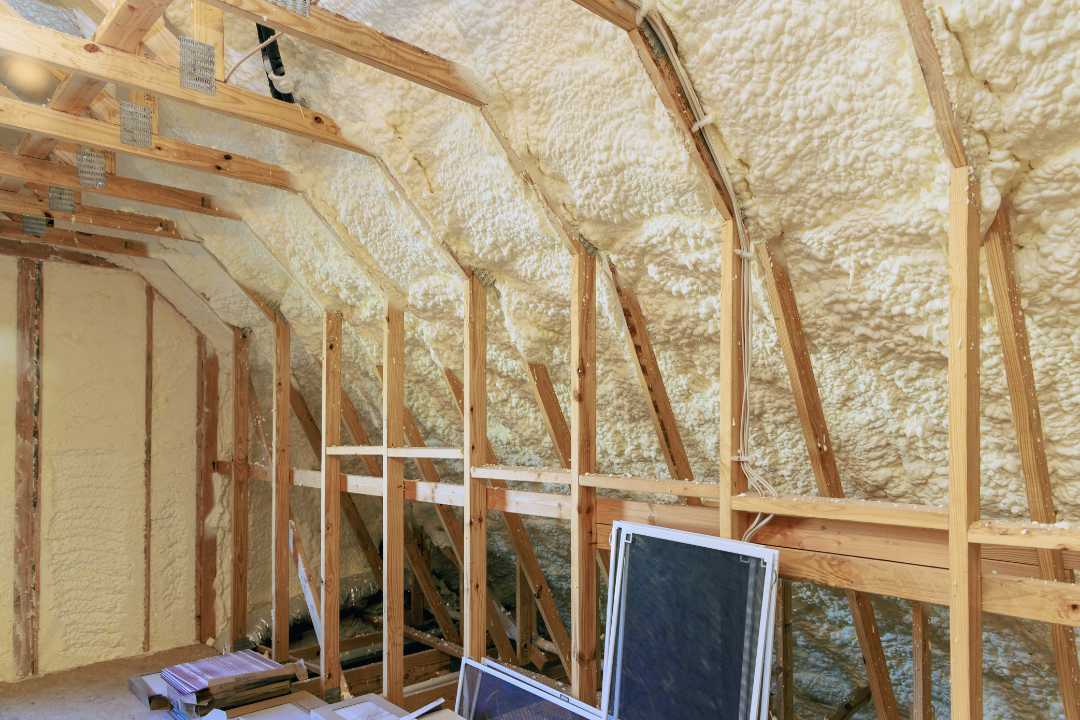Embarking on a home development project is an exciting and rewarding endeavor. Whether you’re planning to build a new home from scratch, renovate an existing property, or undertake a major remodeling project, careful budgeting is crucial. Effective financial planning ensures that you have a clear understanding of the costs involved, allows you to make informed decisions, and helps you avoid any financial surprises along the way.
In this article, we will delve into the realm of budgeting for home development, exploring the various cost considerations and providing practical insights into effective financial planning. By the end, you’ll be equipped with the knowledge and tools to tackle your home development project with confidence.
Define Your Project Scope
Defining your project scope is a crucial factor to consider when budgeting for home development. It involves clearly outlining the specific goals, objectives, and requirements of your project. Whether you’re building a new home, renovating an existing property, or undertaking a major remodeling project, having a well-defined scope ensures that you have a clear understanding of the work involved, which directly impacts the budgeting process.
Defining your project scope also helps you determine the scale and complexity of the project. It allows you to identify the key areas that require attention and allocate appropriate resources and funds accordingly. For example, if you’re planning a complete construction, the scope may include considerations such as architectural design, site preparation, foundation work, structural elements, electrical and plumbing installations, and interior finishes.
On the other hand, if you’re focusing on a specific renovation, the scope may involve assessing which areas of the home will be updated, such as the kitchen, bathroom, or outdoor spaces.
Research and Estimate Costs
Thoroughly understanding the expenses involved allows you to create a realistic and accurate budget for your project. And by conducting comprehensive research, it helps you identify the various cost components associated with your specific home development endeavor, enabling you to make informed decisions and allocate funds appropriately.
During the research phase, it’s essential to explore multiple sources for cost information. This includes consulting professionals such as architects, contractors, and suppliers, who can provide valuable insights into the expected costs of materials, labor, and specialized services. Additionally, online resources, industry publications, and local building codes and regulations can serve as valuable references to gauge the typical expenses associated with home development projects in your area.
When estimating costs, it is also crucial to consider both direct and indirect expenses. Direct costs include tangible items like construction materials, labor wages, permits, and equipment rentals. Indirect costs, on the other hand, encompass expenses that are necessary but not directly tied to the physical construction, such as design and architectural fees, inspections, insurance, and legal permits. By considering all these factors, you can create a more comprehensive budget that covers the entire scope of your home development project.
Create a Detailed Budget
A well-crafted budget serves as a roadmap for managing and tracking expenses throughout the entire project. It allows you to gain a comprehensive understanding of the financial requirements and constraints, ensuring that you allocate funds effectively and make informed decisions.
To create a detailed budget, start by breaking down your project into specific categories and tasks. For example, you can categorize expenses into areas such as materials, labor, permits, design and architectural fees, equipment rentals, and contingency funds. Within each category, list out individual tasks or components, along with their estimated costs.
As you estimate the costs, it is crucial to be as precise and accurate as you can. To ensure that you have an accurate idea of market rates, think about getting numerous quotations from suppliers and contractors. Consider any additional expenses, such as taxes, delivery fees, or potential price changes. You may even improve your cost projections and develop a more trustworthy budget by carrying out in-depth study and talking to experts.
Determine Your Funding Sources
Determining your funding sources involves identifying and evaluating the various avenues through which you can secure the necessary financial resources to support your project. By understanding your funding sources, you can effectively plan and allocate funds, ensuring a smooth and financially viable home development endeavor.
In this process, you have to initially assess your own financial capacity. Consider your personal savings, investments, and available cash flow that can be allocated towards the project. Evaluating your own resources provides a foundation for understanding how much self-funding you can contribute to the budget.
Then, explore external funding options. This may include traditional methods such as bank loans, mortgages, or home equity loans. Research various lending institutions and their terms and conditions to determine the feasibility and affordability of these options. Assess your creditworthiness and financial stability to understand your eligibility and the potential loan amounts you can secure.
Set Aside a Contingency Fund
Budgeting for house development requires careful consideration of setting aside a contingency fund as well. It entails setting aside a percentage of your budget especially for unforeseen costs or unexpected circumstances that might occur throughout the project. You may protect yourself from any cost overruns and modifications to the project scope by including a contingency reserve in your budget.
As a matter of fact, the purpose of a contingency fund is to mitigate risks and uncertainties that are inherent in any home development project. Construction projects often encounter unforeseen challenges, such as unforeseen structural issues, delays due to weather conditions, or changes in design or materials. These unforeseen circumstances can significantly impact the budget and cause financial strain if not adequately prepared for.
When setting aside a contingency fund, it’s important to remember that it should be treated as a separate entity within the budget. The funds allocated to the contingency should not be used unless absolutely necessary. This means exercising caution and proper decision-making when considering whether to tap into the contingency fund. It should be reserved for genuine unforeseen circumstances or expenses that cannot be reasonably absorbed within the existing budget.
Key Takeaway
Budgeting for home development is a crucial aspect of ensuring a successful and financially viable project. By carefully considering cost considerations and engaging in effective financial planning, homeowners can navigate the complexities of home development while minimizing financial risks and maximizing the value of their investment. They can then embark on their home development journey with confidence as well.
Effective budgeting not only allows for a smoother and more organized project, but it also helps homeowners optimize their financial resources, make informed decisions, and achieve their desired outcomes within their means.






